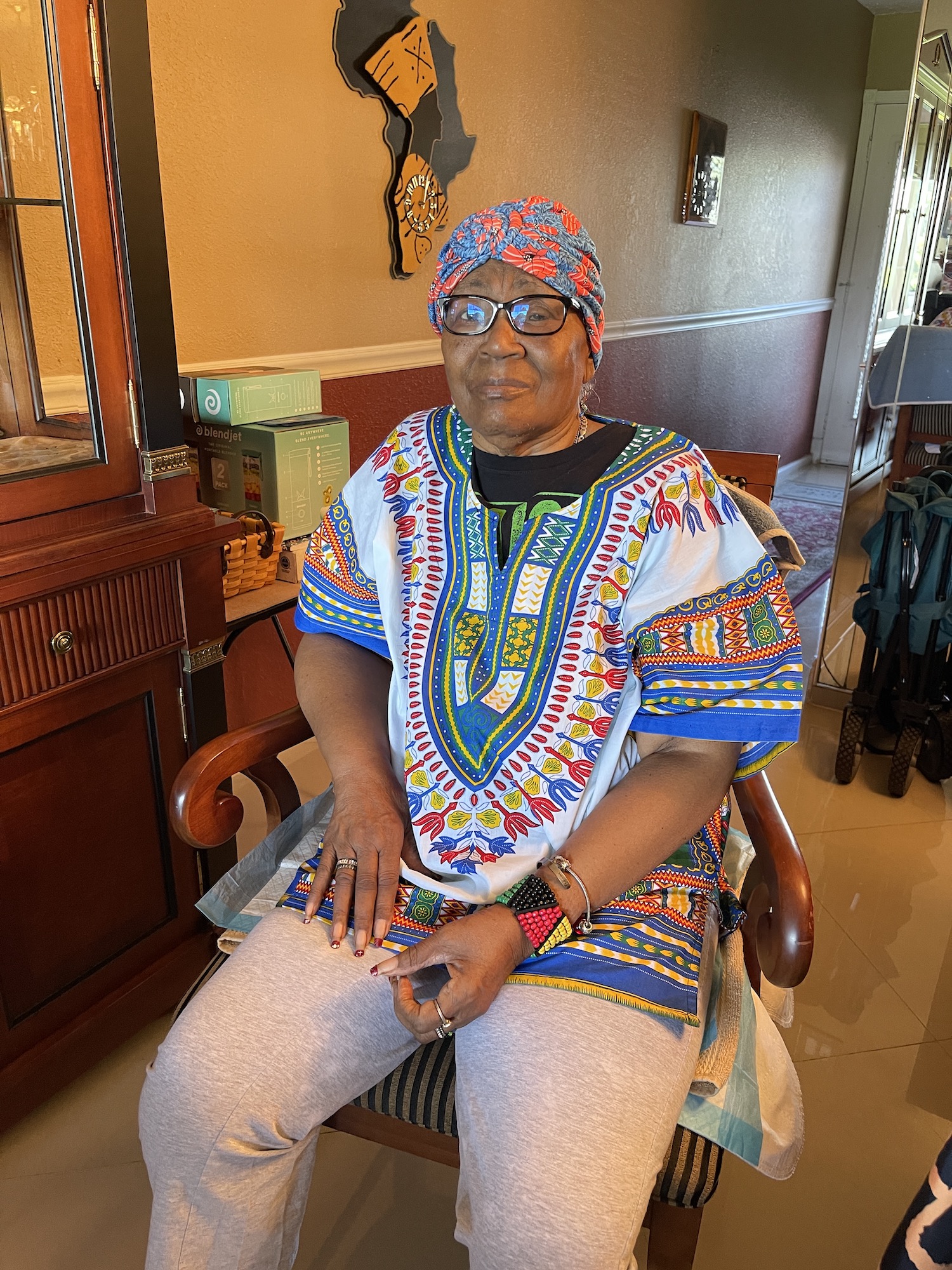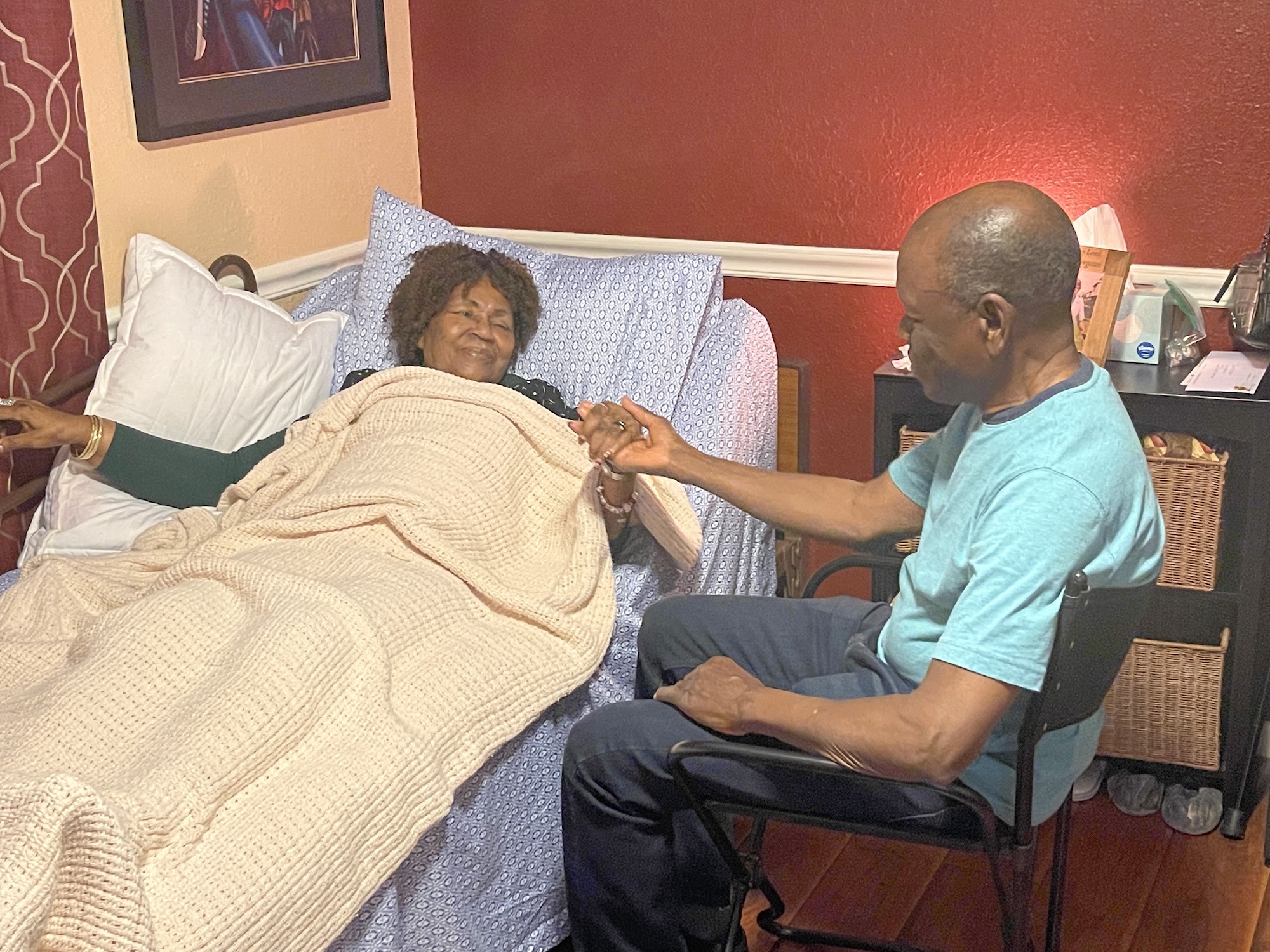Recognizing Dementia
As I sat in the doctor's office, listening to the diagnosis, a heavy weight settled in my chest. My mother, the woman who had always been strong and independent, now faced an uncertain future as she was diagnosed with dementia. It was a difficult pill to swallow, especially since this was my first personal experience with a loved one having this disease.
In the months leading up to her diagnosis, there were signs that something wasn't quite right. My mother would forget important dates or appointments, misplace her belongings more frequently, and struggle with finding the right words during our conversations. At first, we brushed it off as normal aging or occasional forgetfulness. Little did we know that these were early warning signs of dementia.
Dementia is often misunderstood by many in our community, particularly within the African American community. There is a prevailing belief that it is simply a matter of being forgetful or misplacing items like keys or glasses. However, it is crucial to understand that dementia encompasses far more than just memory loss.
In order to help educate those in my community about this debilitating disease and its early warning signs, I decided to write this article. My aim is not only to raise awareness but also to provide guidance on how best to support individuals living with dementia and their families.
In the months leading up to her diagnosis, there were signs that something wasn't quite right. My mother would forget important dates or appointments, misplace her belongings more frequently, and struggle with finding the right words during our conversations. At first, we brushed it off as normal aging or occasional forgetfulness. Little did we know that these were early warning signs of dementia.
Dementia is often misunderstood by many in our community, particularly within the African American community. There is a prevailing belief that it is simply a matter of being forgetful or misplacing items like keys or glasses. However, it is crucial to understand that dementia encompasses far more than just memory loss.
In order to help educate those in my community about this debilitating disease and its early warning signs, I decided to write this article. My aim is not only to raise awareness but also to provide guidance on how best to support individuals living with dementia and their families.

Early Warning Signs of Dementia
Recognizing the early warning signs of dementia can be challenging since they can vary from person to person. However, there are some common indicators that should not be ignored:
1. Memory Loss: Forgetfulness beyond what is considered normal for age or misplacing items frequently.
2. Difficulty Performing Familiar Tasks: Struggling with tasks that were once routine such as cooking or getting dressed.
3. Language Problems: Trouble finding words or expressing thoughts clearly during conversations.
4. Disorientation: Getting lost in familiar places or forgetting how to get back home.
5. Poor Judgment: Making uncharacteristic decisions or falling victim to scams.
6. Changes in Mood and Personality: Sudden shifts in mood, withdrawal from social activities, or increased irritability.
7. Difficulty with Abstract Thinking: Struggling with concepts that involve numbers or complex reasoning.
1. Memory Loss: Forgetfulness beyond what is considered normal for age or misplacing items frequently.
2. Difficulty Performing Familiar Tasks: Struggling with tasks that were once routine such as cooking or getting dressed.
3. Language Problems: Trouble finding words or expressing thoughts clearly during conversations.
4. Disorientation: Getting lost in familiar places or forgetting how to get back home.
5. Poor Judgment: Making uncharacteristic decisions or falling victim to scams.
6. Changes in Mood and Personality: Sudden shifts in mood, withdrawal from social activities, or increased irritability.
7. Difficulty with Abstract Thinking: Struggling with concepts that involve numbers or complex reasoning.

The Do's and Don'ts of Supporting Individuals with Dementia
Supporting someone living with dementia requires patience, understanding, and a willingness to adapt. Lots of patience. Here are some do's and don'ts to keep in mind when interacting with individuals who have dementia:
Do:
1. Be patient and understanding: Remember that frustration can arise from the difficulties they face due to their cognitive decline.
2. Maintain a routine: Consistency can help individuals feel more secure and reduce anxiety.
3. Use clear and simple language: Speak slowly, use short sentences, and avoid complex jargon to enhance comprehension.
4. Provide visual cues: Use pictures or written instructions to assist in conveying information effectively.
5. Encourage independence: Allow individuals to perform tasks they can still manage on their own as this helps maintain their sense of dignity.
Don't:
1. Argue or correct them: It is essential to avoid confrontations as it can escalate confusion or distress.
2. Rush them or become impatient: Give individuals the time they need to process information and complete tasks at their own pace.
3. Isolate them socially: Engage them in meaningful activities and encourage participation in social events whenever possible.
By understanding the early warning signs of dementia and adopting appropriate strategies for support, we can make a significant difference in the lives of those affected by this disease within our community.
Do:
1. Be patient and understanding: Remember that frustration can arise from the difficulties they face due to their cognitive decline.
2. Maintain a routine: Consistency can help individuals feel more secure and reduce anxiety.
3. Use clear and simple language: Speak slowly, use short sentences, and avoid complex jargon to enhance comprehension.
4. Provide visual cues: Use pictures or written instructions to assist in conveying information effectively.
5. Encourage independence: Allow individuals to perform tasks they can still manage on their own as this helps maintain their sense of dignity.
Don't:
1. Argue or correct them: It is essential to avoid confrontations as it can escalate confusion or distress.
2. Rush them or become impatient: Give individuals the time they need to process information and complete tasks at their own pace.
3. Isolate them socially: Engage them in meaningful activities and encourage participation in social events whenever possible.
By understanding the early warning signs of dementia and adopting appropriate strategies for support, we can make a significant difference in the lives of those affected by this disease within our community.
Conclusion
Recognizing dementia for what it truly is - a progressive neurological disorder that affects memory, thinking, behavior, and everyday functioning. This is crucial for both individuals living with dementia and their loved ones.
By shedding light on the early warning signs of dementia and providing guidance on how best to support those affected, we can foster a more informed and compassionate community.
In the articles that follow, I will go deeper into various aspects of dementia, including different types of dementia, available treatments and interventions, and strategies for caregiving. Together, let us embark on this journey of understanding and support as we navigate the challenges and triumphs that come with living with dementia.
By shedding light on the early warning signs of dementia and providing guidance on how best to support those affected, we can foster a more informed and compassionate community.
In the articles that follow, I will go deeper into various aspects of dementia, including different types of dementia, available treatments and interventions, and strategies for caregiving. Together, let us embark on this journey of understanding and support as we navigate the challenges and triumphs that come with living with dementia.